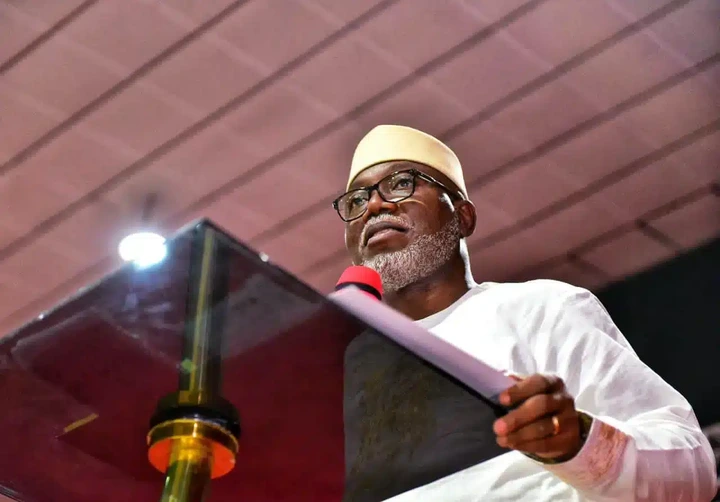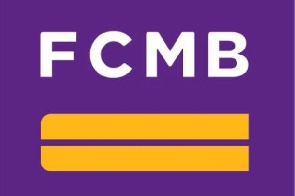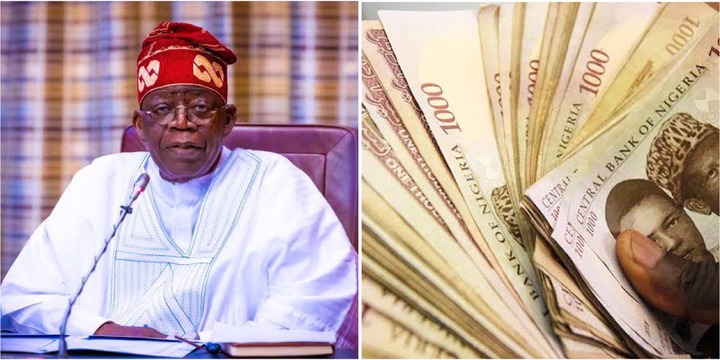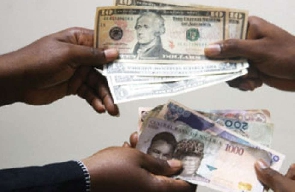Tinubu, speaking through the Minister of Finance and Coordinating Minister of the Economy, Wale Edun, at the 18th Annual Banking and Finance Conference of the Chartered Institute of Bankers of Nigeria (CIBN) in Abuja on Tuesday, said the speed at which Nigerians are embracing cryptocurrencies and other digital payment systems outside the traditional banking sector has become a matter of concern.
Quickly! Watch The Video Before It’s Deleted!
|Download Hot 3:00 Minutes $3x V!de0s Here
| Watch 2:00 H0t $3x V!d0es Now!
President Bola Tinubu has directed the Central Bank of Nigeria (CBN) and other regulatory agencies to step up surveillance of cryptocurrency and digital payment transactions in the country.
Tinubu, speaking through the Minister of Finance and Coordinating Minister of the Economy, Wale Edun, at the 18th Annual Banking and Finance Conference of the Chartered Institute of Bankers of Nigeria (CIBN) in Abuja on Tuesday, said the speed at which Nigerians are embracing cryptocurrencies and other digital payment systems outside the traditional banking sector has become a matter of concern.
“There is a digital revolution. Many people now make payments without using the banking system. They’ve turned to stablecoins and digital currencies.
“To this end, I have directed capital market and banking authorities to get hold of this narrative and track it while it is still evolving,” he said
He argued that digital tools, artificial intelligence, and open banking were no longer futuristic ideas but unavoidable realities Nigeria must embrace if its economy is to grow.
For his part, Central Bank Governor, Olayemi Cardoso, boasted that diaspora remittances could rise to as much as $1billion every month by next year.
“When we began this journey, remittances were at $250 million a month. We targeted $500 million, and today we are at $600 million. By next year, our projection is $1billion a month,” Cardoso said.
Also speaking at the conference was President and Chairman of the Council of CIBN, Prof Pius Olanrewaju.
“Since 2024, 16 listed banks have raised more than N2.5 trillion in fresh capital to strengthen their balance sheets.
“Net domestic credit to the private sector has risen to over N82 trillion this year, supporting businesses and job creation,” Olanrewaju said.
In February, the Nigerian Government filed a lawsuit against cryptocurrency exchange company Binance Holdings Limited, seeking $79.51billion and ₦231million in damages for alleged economic losses caused by its operations in the country.
The Federal Inland Revenue Service, in a charge marked FHC/ABJ/CS/1444/2024, is also demanding $2.001 billion in income taxes for 2022 and 2023.
Binance and its executives, Tigran Gambaryan and Nadeem Anjarwalla, were accused of violating Nigerian laws, including failure to register with the FIRS for tax compliance.
This lawsuit was the third currently before the Federal High Court in Abuja against Binance.
The FIRS and the Economic and Financial Crimes Commission were also charged the company with tax evasion, money laundering, and foreign exchange violations before Justice Emeka Nwite.
The lawsuit included penalties for non-payment of taxes, interest rates based on the Central Bank of Nigeria’s lending rate, and other financial sanctions.
Quickly! Watch The Video Before It’s Deleted!
|Download Hot 3:00 Minutes $3x V!de0s Here
| Watch 2:00 H0t $3x V!d0es Now!
The FIRS alleges that Binance concealed its business activities despite having a significant economic presence in Nigeria.


 Entertainment4 months ago
Entertainment4 months ago
 Politics4 months ago
Politics4 months ago
 Breaking News5 months ago
Breaking News5 months ago
 Breaking News5 months ago
Breaking News5 months ago
 Breaking News6 months ago
Breaking News6 months ago
 Breaking News6 months ago
Breaking News6 months ago
 Breaking News6 months ago
Breaking News6 months ago
 Breaking News6 months ago
Breaking News6 months ago

